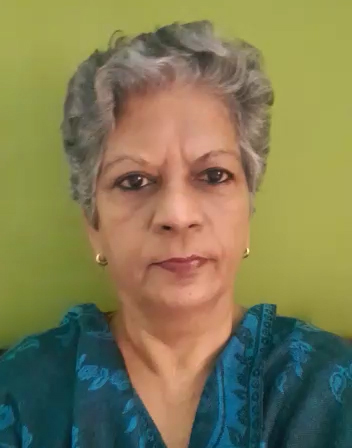Teacher Education – Learning on the job, observing others, referring to books, videos, and other content that is available.
Teacher Development – The teacher needs to invest her personal time and money. There is a dedication to the task. Continuous professional development is self-motivated, and not driven by any external factor or reward.
WEL: Sometimes going to the roots of our education practices opens our eyes as educators. What is your opinion?
JS: We can be gurus in the true sense of the term. The ancient Indian gurukul system for instance set the tone of not to be a ‘talk down’ teacher. The guru in a gurukul was a teacher, a mentor, a guide, an expert, a master. He was an example of what he wanted his students to be. He showed the way. He told them where to look but not what to see. The guru was responsible for the holistic development of his ward – physical, mental, moral, spiritual, emotional. He also equipped his ward with skills. If we can retain the spirit of a guru in our classrooms, our schools will flourish.
WEL: Do you think the ‘new normal’ is here to stay?
JS: There is no returning to the ‘normal’ whatever that meant. Covid-19 has granted us a boon; an opportunity to rethink and rework, education. Through smart classes, many schools were already on the track to remote learning. The horse should be glad that it is dragged to the river! It will greedily drink from it!
WEL: What are the advantages of remote learning?
JS: Children learn differently. The tools of remote learning can be mixed and matched to suit the class and the environment of the students.
The role of a teacher has changed. Teachers understand that children can learn without being taught. Information is out there. The role of the teacher is to bring it all together and make sure that learning is wholesome.
Children need to be taught how to learn, not what to learn. Remote learning offers a range of tools that students can access for information. The class becomes a platform to convert this information into knowledge and application.
The onus of learning falls squarely on the student. The teacher facilitates and ensures learning.
WEL: And what are the biggest challenges of remote learning?
JS: The will to change is the biggest challenge. Teachers are afraid to come out of their comfort zones. They’d rather go with the old lazy ways than try something new. The old dogs think they cannot learn new tricks.
Digital appliances may not be available to all. A home may have very little to go between the entire family. Internet connectivity will also be an issue.
The training of teachers is a gigantic task. Many teachers merely shift their lecture method to online classes. They do not any better.
WEL: What are your strategies for promoting student engagement?
JS: Multiple intelligence methods, rotation method, individual, pair and group activities, blended learning format, flipped classroom…will go a long way in enabling participation and learning.
We also need to integrate value-based education; skill-based learning; art integrated learning; competency-based education; and brain-based education into the learning curriculum.

